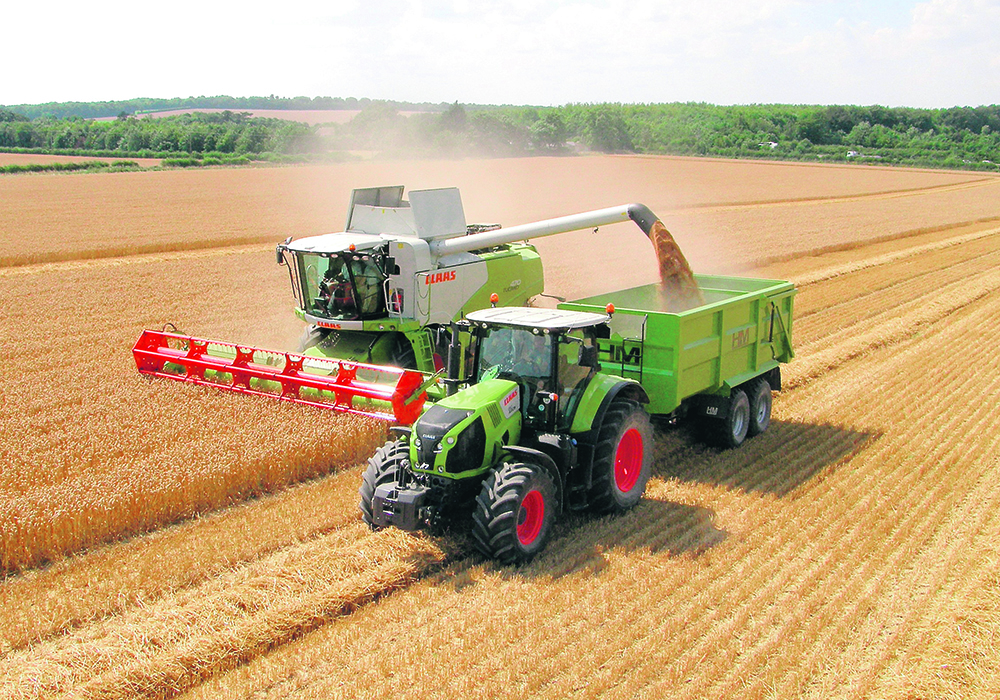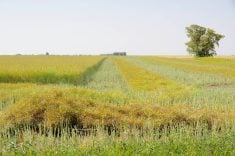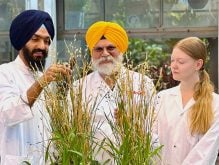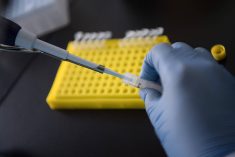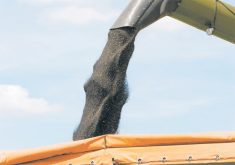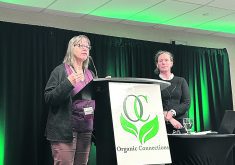Move is intended to help producers boost food production while enhancing disease resistance and water efficiency
In a bid to produce more food, the United Kingdom government is fast tracking legislation that will allow the use of gene editing in crops.
The move comes amid fears the war in Ukraine could lead to mass food shortages across the world, causing hunger in vulnerable nations.
Ukraine is described as the breadbasket of Europe and beyond but since the Russians have blocked all major shipping ports, Ukraine’s grain is stuck in storage.
Some reports indicate the Russians are stealing grain in Ukraine and exporting thousands of tonnes back home, further affecting global distribution.
Read Also

Soybean market still figuring out implications of China-U.S. pact
Soybean futures had a muted reaction to the U.S. trade deal with China as the market tries to figure out the nuances of the deal.
The UK government bill will allow farms to grow more crops by planting variants edited to be more disease resistant or require less water or fertilizer.
“Precision technologies allow us to speed up the breeding of crops that have a natural resistance to diseases and climate change, better use of soil nutrients so we can have higher yields with fewer pesticides and fertilizers,” said environment, food and rural affairs secretary George Eustice.
With difficult terrain and a sometimes unforgiving climate, Scotland is one part of the UK where gene editing may boost agricultural production.
Martin Kennedy, president of the National Farmers Union in Scotland, said Scottish farmers have always shown themselves to be early adopters of new farming technologies.
“NFU Scotland believes precision breeding techniques such as gene editing have considerable potential to deliver benefits for food, nutrition, agriculture and climate change to build on the significant amount of work that farmers and crofters are already undertaking to establish more sustainable and resilient farming systems,” he said.
“New technologies, including the likes of gene editing can help address positively some of the big challenges Scottish agriculture faces, including how we respond to the climate emergency and address biodiversity loss.”
Kennedy stated a belief that his country can grow crops more resilient to pests, disease and a changing climate.
“It would also allow us to use new breeding techniques to breed more productive, efficient animals that produce lower emissions and need fewer inputs to protect their welfare. This could be crucial in enabling our farmers to become truly sustainable.”

